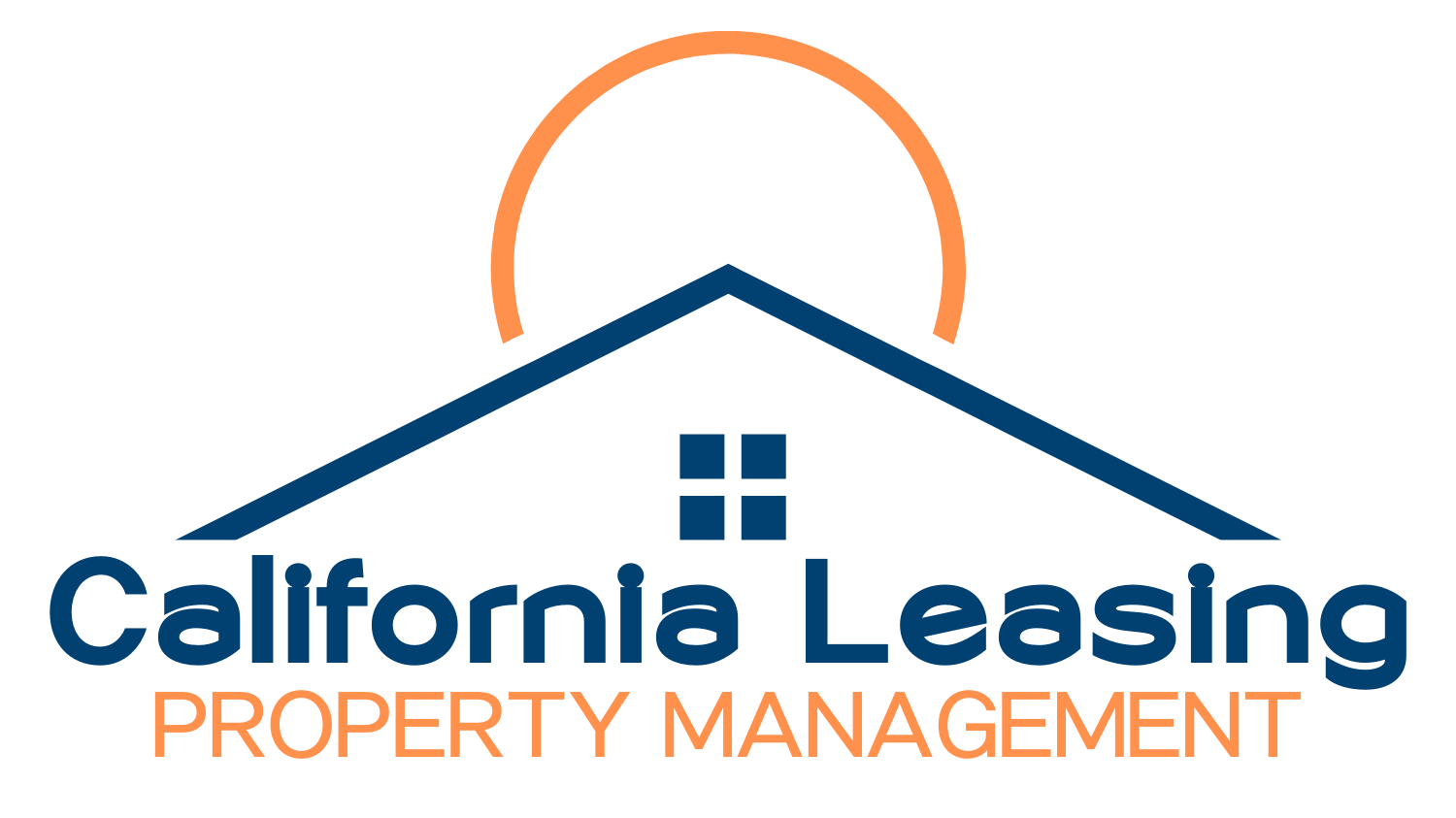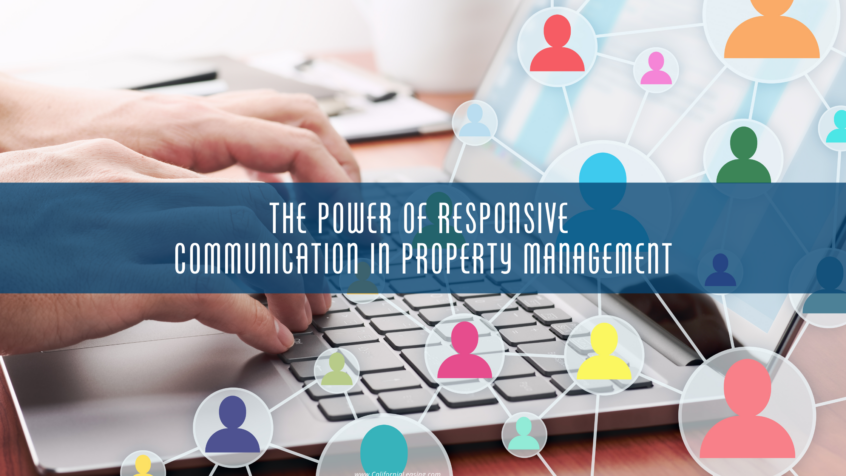Effective communication is the foundation of any successful landlord-tenant relationship. In property management, responsiveness is crucial to tenant satisfaction and overall property success. This blog explores the importance of responsive communication in property management, emphasizing its impact on building trust, fostering positive relationships, and prioritizing tenant well-being.
1. Establishing Clear Lines of Communication:
– Open and transparent communication begins with establishing clear channels for tenants to reach out. Provide multiple communication options like email, phone, and online portals, ensuring tenants can voice their concerns and queries.
2. Promptly Addressing Queries and Concerns:
– Responsiveness entails promptly addressing tenant inquiries, concerns, and maintenance requests. Whether it’s a question about lease terms or a repair request, acknowledging and addressing tenant needs promptly demonstrates attentiveness and commitment to tenant satisfaction.
3. Transparent Communication Practices:
– Transparency is critical to building trust and credibility with tenants. Keep tenants informed about important updates, policy changes, and property-related matters. Transparent communication fosters a sense of transparency, reducing misunderstandings and promoting a positive landlord-tenant relationship.
4. Prioritizing Maintenance Requests:
– Maintenance issues can impact tenant comfort and satisfaction. A responsive approach to maintenance involves prioritizing requests based on urgency and promptly dispatching qualified technicians to address issues. Proactive maintenance management ensures tenant concerns are addressed promptly, minimizing disruptions and enhancing overall satisfaction.
5. Building Trust and Confidence:
– Responsiveness builds trust and confidence among tenants, reassuring them that their concerns are heard and addressed. When tenants feel valued and respected, they are more likely to renew their leases and recommend the property to others, contributing to long-term tenant retention and property success.
6. Continuous Improvement and Feedback:
– Embrace feedback as an opportunity for continuous improvement. Encourage tenants to share their thoughts and suggestions and actively listen to their feedback. Use feedback to identify areas for improvement and implement changes that enhance the tenant experience, demonstrating a commitment to ongoing excellence.
In property management, responsive communication is more than just a best practice—a fundamental principle that drives tenant satisfaction and property success. By establishing clear lines of communication, promptly addressing tenant needs, and fostering transparency and trust, property managers can cultivate positive landlord-tenant relationships and create a welcoming living environment for residents. Embracing responsiveness as a core value enhances tenant retention, minimizes turnover, and positions properties for long-term success in the competitive rental market.

